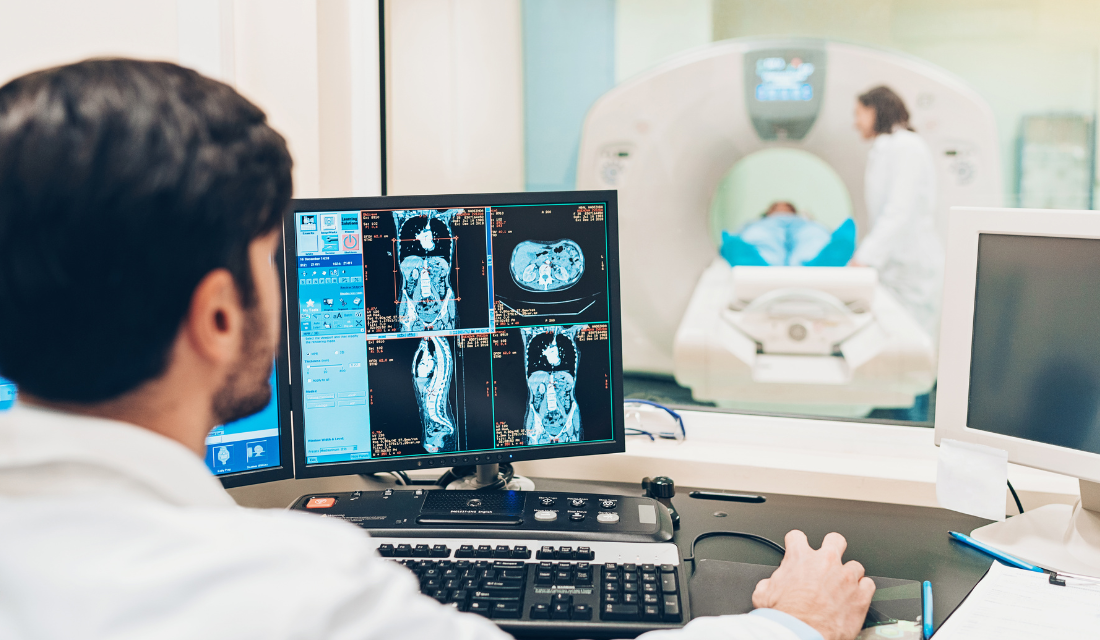Magnetic Resonance Imaging (MRI) is a powerful diagnostic tool used to visualize internal structures of the body in high detail. It plays a crucial role in diagnosing a range of conditions, from joint injuries to neurological disorders. However, MRI results often reveal abnormalities that can be alarming for patients and healthcare providers alike. Understanding what these abnormalities mean, their implications, and when they should be a cause for concern is essential for making informed decisions about health and treatment.
Understanding MRI Abnormalities
MRI abnormalities are findings on an MRI scan that deviate from what is typically expected. These abnormalities can range from minor, benign changes to significant, pathological conditions. The interpretation of MRI results involves assessing these abnormalities in the context of the patient’s symptoms, medical history, and clinical examination. Here are key points to consider:
Types of MRI Abnormalities
MRI abnormalities can vary widely depending on the area being scanned and the nature of the underlying issue. Common types include:
Disc Herniations
In the spine, MRI may reveal herniated discs where the inner gel-like core protrudes through the outer disc layer, potentially pressing on nearby nerves.
Tumors: Abnormal growths, whether benign or malignant, may be detected in various organs or tissues.
Degenerative Changes
Conditions like osteoarthritis or degenerative disc disease can show up as joint space narrowing, bone spurs, or cartilage loss.
Inflammation or Infection
MRI may identify areas of inflammation or infection, such as in cases of abscesses or inflammatory arthritis.
Vascular Abnormalities
Abnormalities in blood vessels, such as aneurysms or vascular malformations, can be visualized.
Interpreting MRI Results
Not all MRI abnormalities are clinically significant. Some findings may be incidental, meaning they are not related to the patient’s current symptoms or health issues. For example, small disc bulges or age-related changes might be found in many people without causing any problems. It’s essential to interpret MRI results in conjunction with clinical symptoms and other diagnostic information to determine their relevance.
Nature of the Abnormality
Certain abnormalities are inherently more concerning than others. For example:
- Tumors: Finding a mass on an MRI requires further evaluation to determine its type, location, and potential impact on surrounding tissues.
- Large Herniations: Significant disc herniations that compress the spinal cord or nerves may necessitate surgical intervention if they cause severe symptoms like weakness or loss of function.
- Acute Inflammatory Conditions: Rapidly growing or changing abnormalities, particularly those associated with fever or severe pain, may indicate a serious condition that needs immediate attention.
Additional Diagnostic Tests
In some cases, further diagnostic tests may be needed to clarify the significance of MRI findings. These could include:
- CT Scans: For a more detailed view of bony structures or to assess areas not well visualized on MRI.
- Biopsies: To determine the nature of a tumor or abnormal growth.
- Blood Tests: To assess for markers of inflammation or infection.
- Monitoring and Follow-Up: Regular follow-up with your healthcare provider is important for monitoring MRI abnormalities, especially if they are incidental or not immediately concerning.
Conclusion
MRI abnormalities are common and can range from benign to potentially serious. Understanding what these abnormalities mean in the context of your symptoms and overall health is crucial for making informed decisions about treatment. Not all abnormalities require immediate concern, but significant findings, particularly those that correlate with symptoms or show changes over time, should be evaluated further by a specialist.

